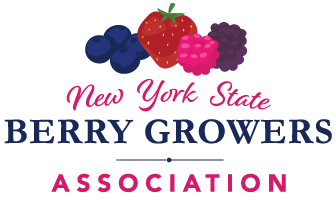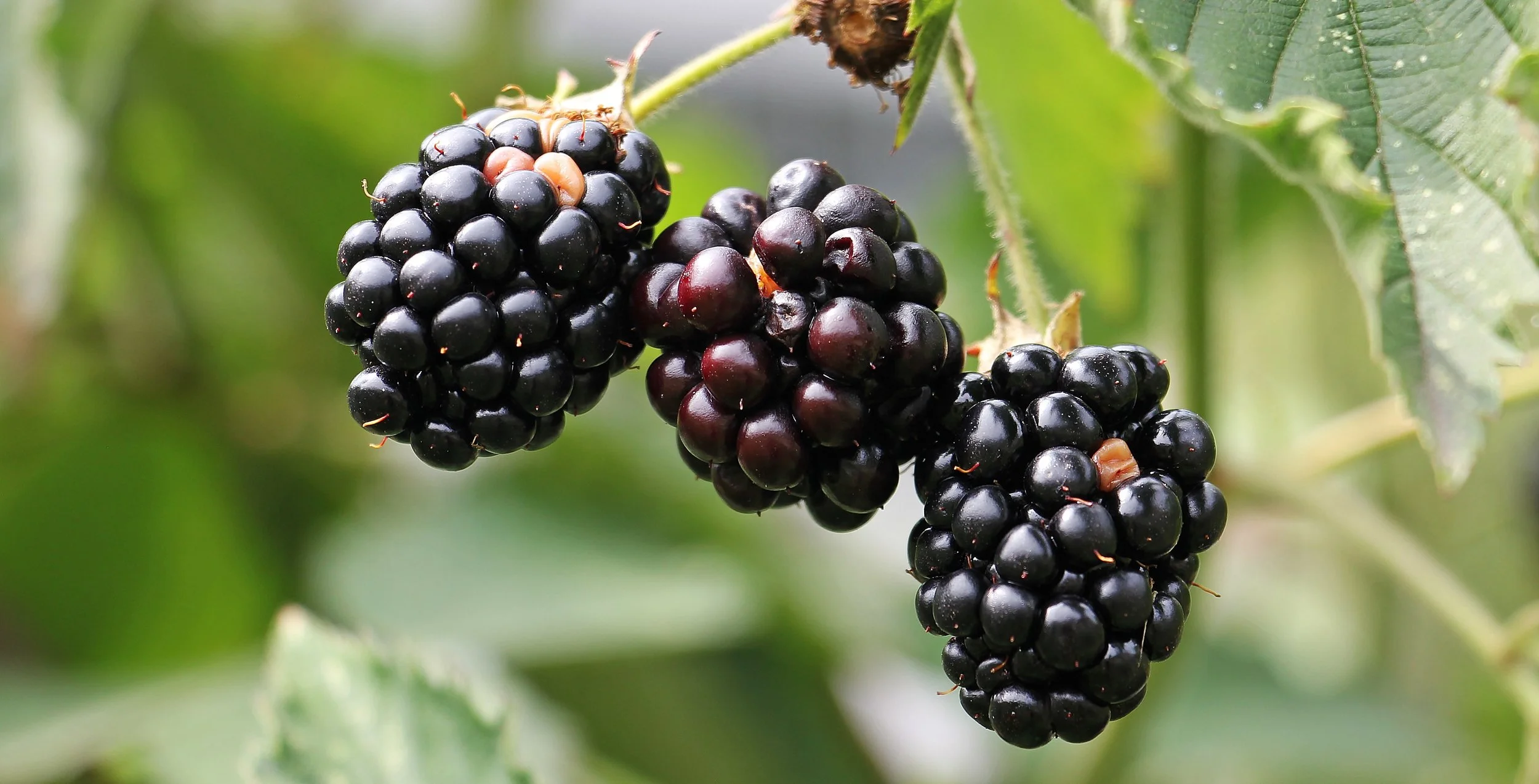The New York State Vegetable Growers Association (NYSVGA) is pleased to announce the 2025 Becker Forum, a key event for agriculture professionals, will be held on Wednesday, February 5, at Cornell AgriTech, Jordan Hall, in Geneva. This year’s forum will focus on crucial topics for farm operators, including H-2A visa fundamentals, immigration enforcement, and heat safety in agriculture.
The Becker Forum, an annual gathering of growers, farm managers, and industry experts, offers a comprehensive program tailored to address the most pressing challenges facing the agricultural community today. The day will feature a series of informative sessions designed to equip attendees with the tools and knowledge they need to navigate these complex issues successfully.
Program Highlights:
H-2A Fundamentals: How to Use H-2A On A Dairy or Crop Farm
Learn how the H-2A program can support both dairy and crop operations by bringing in seasonal foreign labor. Experts will walk through the processes, benefits, and challenges involved.Producer Perspectives on H-2A
Hear directly from agricultural producers who have successfully utilized the H-2A program, offering valuable insights into real-world applications and challenges.I-9 and Immigration Enforcement
Understand the latest updates on I-9 compliance and immigration enforcement, ensuring your farm is adhering to all federal regulations.Washington Policy Update
A comprehensive briefing on current and upcoming legislative changes that may impact agriculture, labor, and immigration policies.H-2A Tax Preparation
Learn about the tax implications and best practices for managing H-2A wages and related costs.Heat Safety in Agriculture
Discuss strategies for keeping workers safe in extreme heat conditions, a critical issue for those working in outdoor agricultural environments.Union Update by Grow NY Farms
Stay informed on the latest union activities and labor issues in the New York State agricultural industry.
Schedule:
8:30 AM – Check-in opens
8:50 AM – Program begins
4:30 PM – Program concludes
The Becker Forum provides a unique opportunity for networking, professional development, and staying up to date with the latest industry trends and regulations. This event is a must-attend for anyone involved in farm management, labor, or agriculture policy.
Registration:
ADVANCED REGISTRATION
$90/person
WALK-INS
$120/person
For more information and to register for the event, please visit nysvga.org/expo/information.
Contact:
For inquiries, please contact the NYS Veg Growers Association at nysvegetablegrowers@gmail.com.
We look forward to seeing you at the 2025 Becker Forum at Cornell AgriTech!



